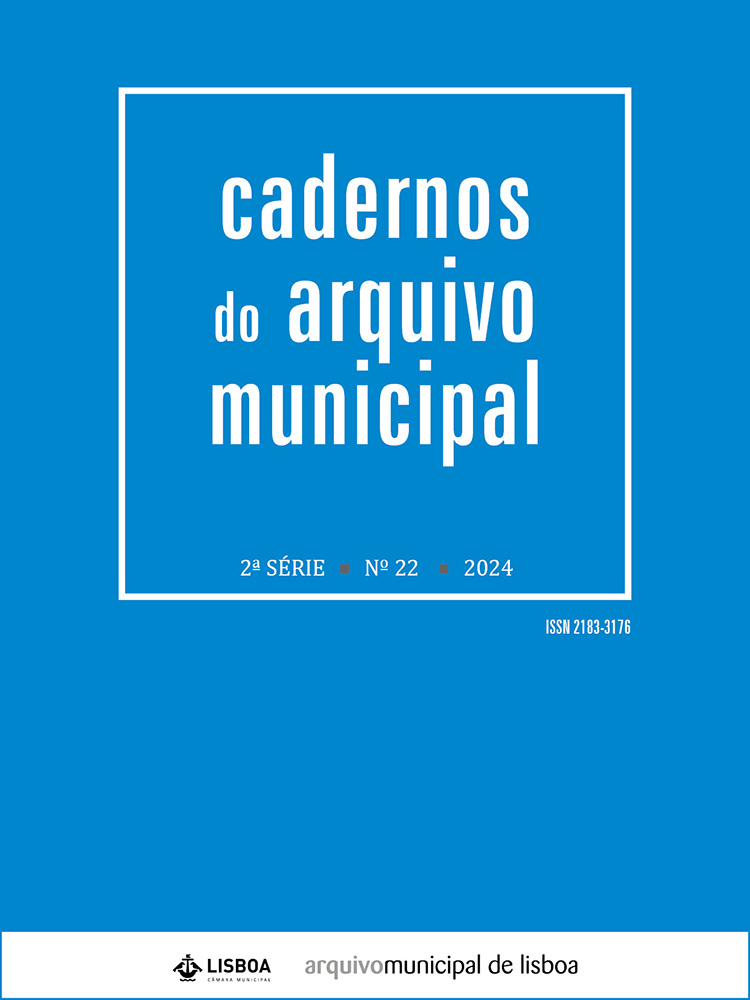Hunting the poor: A security obsession in France (late 18th-early 21st centuries)
DOI:
https://doi.org/10.48751/CAM-2024-22372Keywords:
Poor, Beggar, Vagrant, Repression, SecurityAbstract
Since the end of the Middle Ages, the hunt for the poor has taken on repressive dimensions on an unprecedented scale. In this respect, the contemporary period is part of this long, centuries-old tradition. Three periods in particular stand out: the eighteenth and nineteenth, the nineteenth and twentieth and the twentieth and twenty-first centuries, when poverty, begging and vagrancy were on the increase. In the countryside as in the cities, these marginal figures panicked society and the public authorities to the point of becoming a veritable obsession with security. This was translated into law by a new and lasting criminalization of beggars and vagrants (Penal Code of 1810: articles 269-282) and by a whole arsenal of means of surveillance, identification, and control of mobility (passport, workers’ booklet, high police force, law of May 1885 on the relegation of repeat offenders, anti-begging decrees and law of 2003 on internal security, etc.).
Downloads
Downloads
Published
How to Cite
Issue
Section
License
Copyright (c) 2024 Antony Kitts

This work is licensed under a Creative Commons Attribution-NonCommercial 4.0 International License.
The authors retain copyright and grant the journal the right of first publication, with the work simultaneously licensed under the Creative Commons Attribution License CC BY-NC 4.0 which allows sharing and adapting the text as long as its authorship is correctly attribbuted with recognition of the initial publication in this journal.








